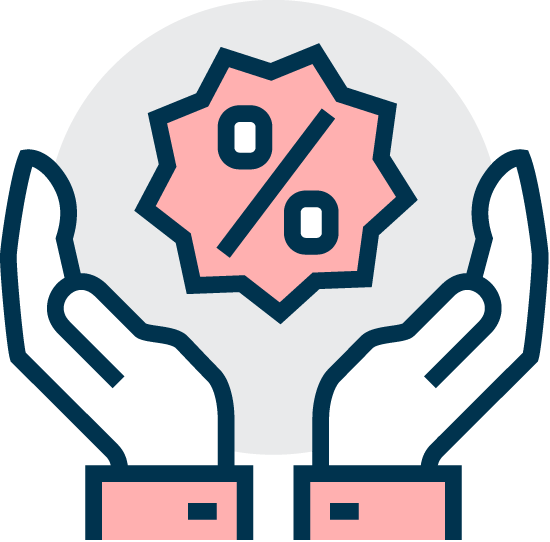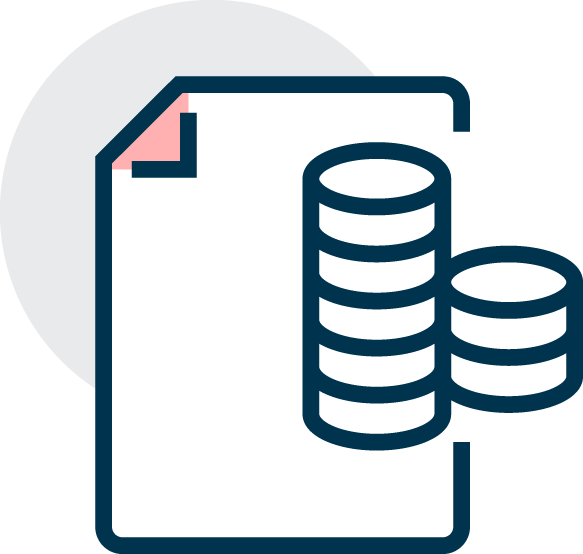Home loans are gaining popularity as a convenient way of funding property purchase. However, there are various home loan myths or misconceptions. To better understand home loans, one needs to dispel these myths and focus instead on facts. Some common myths about home loans are:
 Myth 1 -
Myth 1 -
Low Interest Rates Are Only Criteria
Borrowers are immediately attracted to lenders which offer the lowest interest rate in the market. They base their decision solely on low interest rates without assessing other loan parameters. A lender charging lower interest rates may be levying high processing fees, prepayment penalty, other additional charges, etc. It is therefore necessary to analyze the loan terms holistically (considering all charges).
 Myth 2 -
Myth 2 -
Rbi Fixes Interest Rate On Home Loans
The Reserve Bank of India (RBI) is responsible for fixing the broad market interest rates. It is however, not directly responsible for fixing the interest rate on home loans for individual lenders. Lenders (housing finance companies, banks, etc.) set interest rates on home loans they offer based on their cost of funds. Thus, interest rates on home loans may vary across lenders.
 Myth 3 -
Myth 3 -
Fixed Rate Home Loans Are Better Than Floating Rate Loans
While a fixed rate loan offers certainty in terms of the interest amount to be paid every month, it does not offer the flexibility of lower interest rates in case of a downward reset of rates by the lender.
 Myth 4 -
Myth 4 -
Getting A Home Loan Authenticates The Title Of The Property
This is one of the biggest myths regarding home loans. Though the lender conducts due diligence on the documentation and other aspects of the property, it is the sole responsibility of the property purchaser to validate the authenticity of the property’s title deeds.
 Myth 5 -
Myth 5 -
Prepayment Is The Best Policy
In case of excess funds at their disposal, the borrower is tempted to immediately prepay the home loan. But is prepayment always the best option? Prepayment only makes sense when it is made during the earlier stage of the home loan (when interest payout is high). Furthermore, home loan repayment and interest payments are eligible for tax deduction, which the borrower can use to reduce his tax payments. Also, as home loan rates are generally low, the borrower can use excess funds to invest in assets which generate a higher rate of return. Thus, prepayment is not always the best policy, contrary to popular belief.
Taking a home loan is a long-term commitment, which should be undertaken only after proper due diligence by the borrower. It is important to evaluate all aspects of the home loan before selecting a particular product.
Also Read - Pre-approved Home Loan
Home calculations made easy to help you plan your home
MISSED CALL
Give us a MISSED CALL for New Home Loan
- 09289200017


































